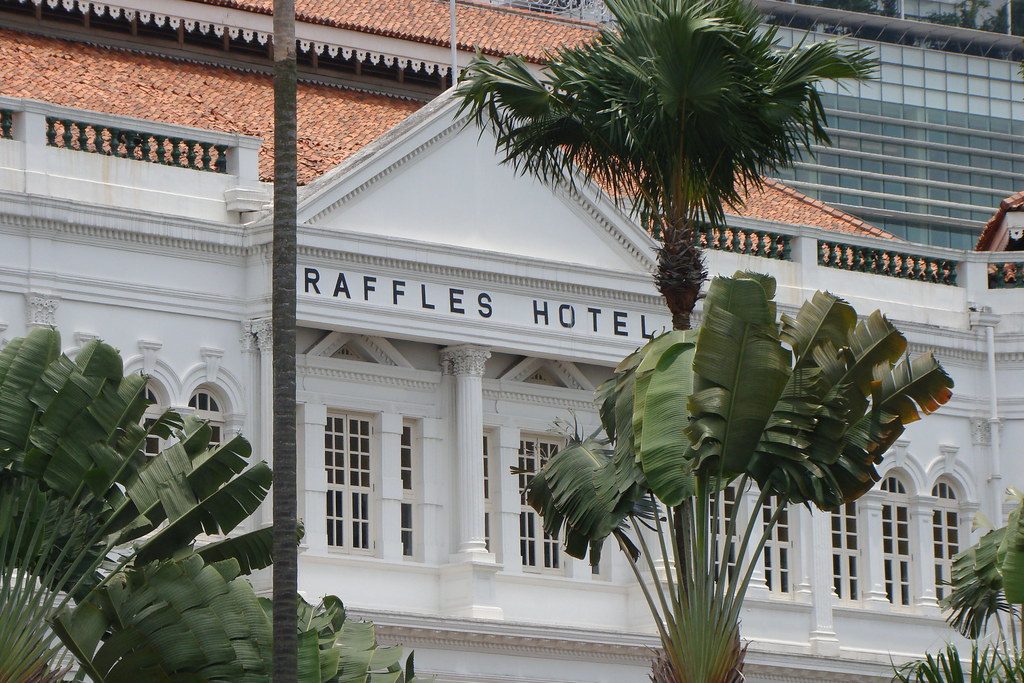Accor Isn’t Ready to Celebrate Just Yet After Surprising Display of Profitability

Skift Take
Europe’s largest hotel company wasn’t expected to necessarily post a strong financial first half of the year, but it beat expectations Thursday.
Accor — owner of brands like Fairmont and Raffles — reported a $67 million net profit for the first half of 2021, a major lift from the $1.5 billion loss seen in the first half of last year. The performance beat analyst expectations and was driven by measures like Accor selling a 1.5 percent stake in Chinese hotel company Huazhu Group for $289 million, strong performance in Australia, and the early weeks of summer leisure travel.
But Accor’s top executives aren’t ready to take a victory lap.
“We are still in a bit of muddy water in terms of navigating through different countries and different rules,” Accor CEO Sebastien Bazin said Thursday on the company’s investor call.
Join Us at Skift Global Forum in NYC September 21-23
The company sent out an earnings release ahead of the call labeling the first half of the year’s financial results as a sign “the recovery is gaining traction, but remains heterogenous.”
Sixty-three percent of countries around the world still had complete or partial closures of their borders as of early this month, according to an investor presentation included with the call.
That’s an improvement from the 87 percent seen last month, but it’s still a major headwind. Both the U.S. and China — the world’s two largest travel markets — still have closed borders to foreign travelers. Accor also must grapple with the fact that Europe, with many countries and differing travel regulations, has the biggest part of its portfolio.
The surge of new cases of the contagious Delta variant is even impacting fully vaccinated people, which poses a threat to the general hotel industry’s recovery momentum heading into the fall — when hotel companies hoped corporate travel would kick in to some level.
“We have a pretty good visibility for the next eight weeks to come, certainly with August and September with leisure business, which is strong and stronger than we expected,” Bazin said. “We have very low visibility for corporate [travel and meetings, conventions, and events] for October, November, and December.”
Finding New Growth
Accor’s revenue per available room — the hotel industry’s key performance metric — was down 60 percent from the first half of 2019 despite the small profit. That’s due to the country-by-country disparity in performance, Accor reported.
Seven percent of Accor’s 5,199 hotels remain closed — primarily in Southeast Asia and South America. The company sees the strongest signs of a rebound underway in the U.S., China, and Australia while the recovery is delayed in markets like Thailand, Vietnam, and Argentina.
France, the UK, Germany, and Brazil are somewhere in the middle, according to the investor presentation.
But company leaders recognize they can’t just rely on leisure travel to remain high. Even if business travel doesn’t start to revive in September, Accor leaders — like many hotel executives at this point — see smaller events as an option to compensate for weaker demand in the fall.
There’s uncertainty in the 300-person or larger event category, but meetings and events with between 30 and 80 attendees are already coming back, Bazin said. Growing that line of business in the fall can be a good offset to demand declines elsewhere.
“I really believe we could buffer the loss of those large events by gathering hundreds of small groups ,” Bazin added. “We’ll know better by the end September.”
Accor’s Must-Have Recovery Asset: Agility
Despite the tailwind in some markets, it’s not a guarantee it will last. Australia played a big role in boosting Accor’s performance during the first half of the year, but it has gone into lockdown because of rising cases of the Delta variant. Even China, which has led the world in recovery, has seen various setbacks in its own rebound.
That’s a reminder for companies like Accor to constantly monitor the crisis and be ready to shift marketing and sales attention elsewhere in the event of an outbreak.
“We have to be ready to benefit from the summer rebound wherever it is, and we have to be super agile,” Bazin said. “Wherever it exists, I can tell you we have a team on the ground.”




